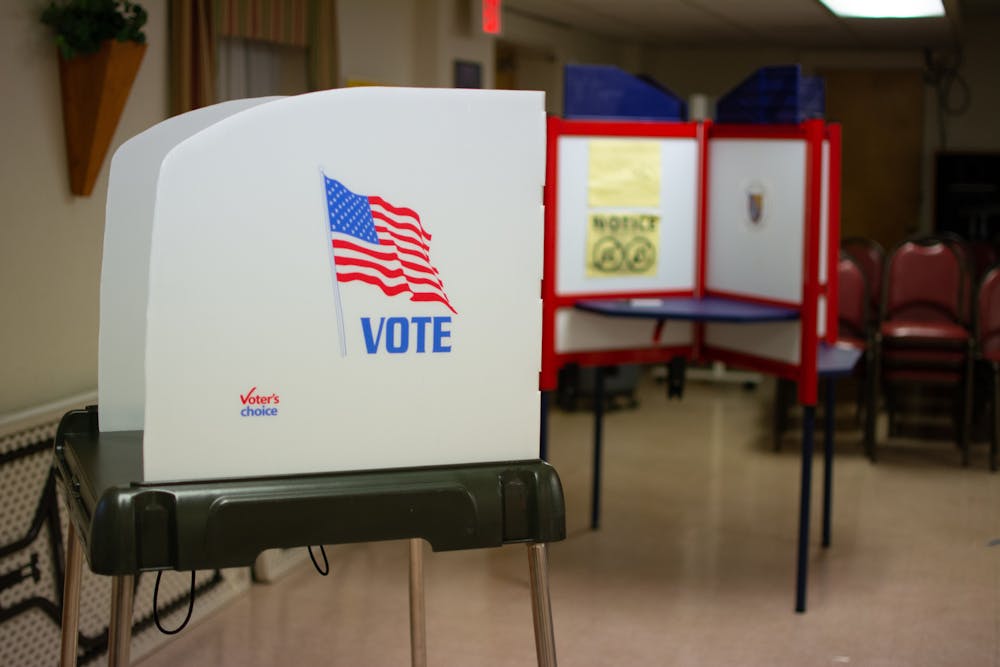The State of Primaries Today

Primary elections in the United States are a crucial part of the political process, determining the nominees for major offices, including the presidency. In recent years, the primary landscape has undergone significant changes, driven by evolving voter demographics, technological advancements, and shifting political dynamics.
Trends in Primary Elections, Primaries today
The current primary election landscape is characterized by several notable trends:
- Increased Polarization: Primary elections have become increasingly polarized, with candidates often vying for the support of the most ideologically extreme voters within their party. This polarization can lead to candidates taking more extreme positions, potentially making it harder to find common ground in the general election.
- Rise of Superdelegates: In the Democratic Party, superdelegates, who are party officials and elected officials, play a significant role in the nomination process. They can cast votes at the Democratic National Convention, potentially influencing the outcome of the nomination. The presence of superdelegates has been a subject of debate, with some arguing that they give too much power to party elites.
- Early Voting and Mail-in Ballots: The increasing use of early voting and mail-in ballots has become a significant trend in primary elections. This shift has been driven by factors such as convenience, concerns about voter suppression, and the COVID-19 pandemic. While early voting and mail-in ballots can increase voter turnout, they also raise concerns about potential security vulnerabilities and the potential for fraud.
The Role of Primaries in the Political Process: Primaries Today

Primaries play a crucial role in the American political process by serving as the initial stage in selecting candidates for major political offices. These elections, held within a specific political party, allow registered voters to choose their preferred nominee for the upcoming general election. This process, though seemingly straightforward, is complex and impacts the overall political landscape in significant ways.
Types of Primary Systems and Their Effects
The way primary elections are conducted varies across states, with each system influencing voter participation and candidate selection.
- Open Primaries: In open primaries, voters can choose which party’s ballot they want to vote in, even if they are not registered with that party. This system promotes flexibility and allows voters to express their preferences across party lines. However, it also raises concerns about “raiding,” where voters from one party strategically vote in the other party’s primary to influence the outcome.
- Closed Primaries: Closed primaries restrict voting to registered members of a specific political party. This system aims to ensure that only loyal party members participate in the selection of their nominee. However, it can limit voter participation and potentially exclude independent voters or those who are newly registered.
- Semi-Closed Primaries: Semi-closed primaries allow registered party members to vote in their own party’s primary, while also permitting unaffiliated voters to choose a party ballot on Election Day. This system seeks to balance party loyalty with inclusivity.
- Blanket Primaries: Blanket primaries present all candidates from all parties on a single ballot. Voters can choose any candidate regardless of their party affiliation. This system allows for greater choice but can lead to confusion and complicate the selection process.
Challenges and Opportunities Presented by Primaries
Primaries present both challenges and opportunities in terms of voter engagement and candidate selection.
- Low Voter Turnout: Primary elections often experience lower voter turnout compared to general elections. This can be attributed to factors like a lack of awareness about the importance of primaries, limited media coverage, and the perception that the outcome is less consequential. Low turnout can undermine the representativeness of the chosen nominee.
- Candidate Selection and Polarization: Primaries can sometimes lead to the selection of candidates who are more extreme in their views to appeal to a specific segment of the party base. This can contribute to political polarization and make it more difficult to find common ground in the general election.
- Early Focus on Fundraising: The primary season often begins early, placing a significant emphasis on fundraising. This can create an uneven playing field for candidates with limited financial resources and may discourage potential candidates from entering the race.
- Opportunity for Grassroots Participation: Primaries offer an opportunity for grassroots participation in the political process. By engaging in campaigns, volunteering, and attending local events, voters can actively shape the direction of their party.
- Increased Awareness and Engagement: Primaries can raise awareness about the issues and candidates, leading to increased voter engagement in the subsequent general election.
Primaries today are all about the drama, the nail-biting suspense, and the occasional political punchline. And speaking of drama, check out the Ilhan Omar primary polls – it’s like a reality show where the stakes are higher than a Kardashian wedding! But hey, at least it’s keeping us entertained while we wait to see who’s actually going to run the country.
Primaries today are like a giant game of political musical chairs, except instead of music, there’s a whole lot of yelling and promises. And if you’re in Minnesota, you might want to check out minnesota primary polls to see who’s still got a seat left.
But remember, even if you win the primary, the real game starts after the music stops!